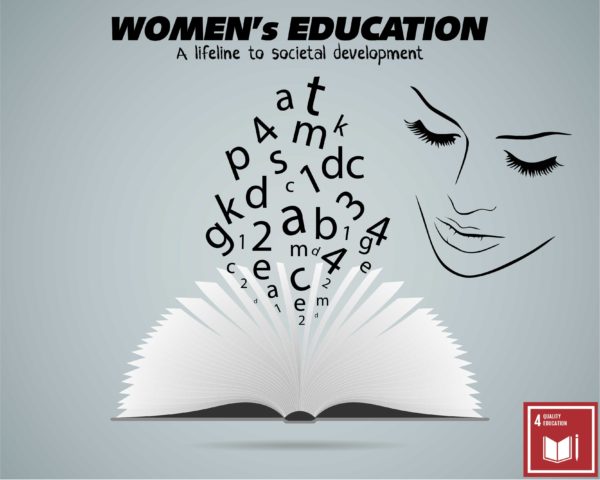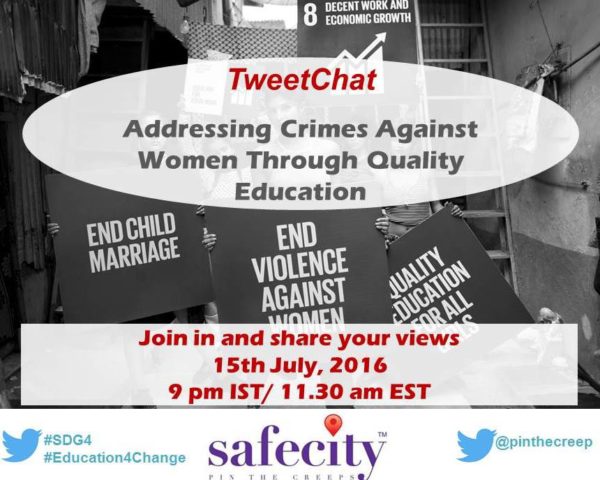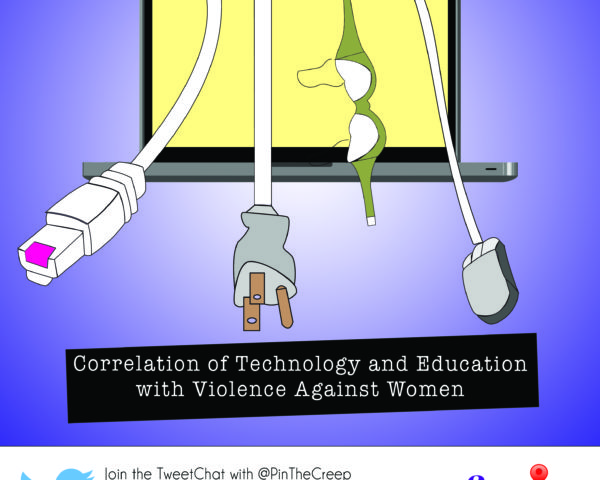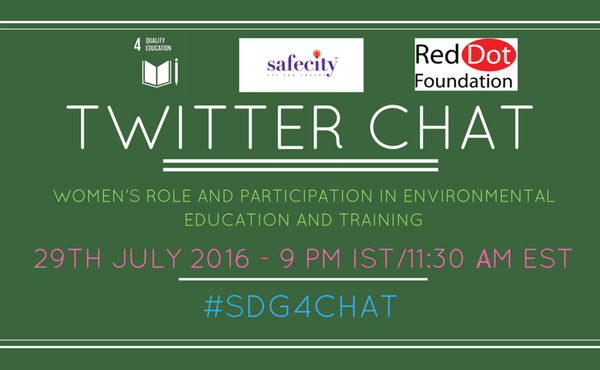SDG 4- Quality Education For All- An Overview
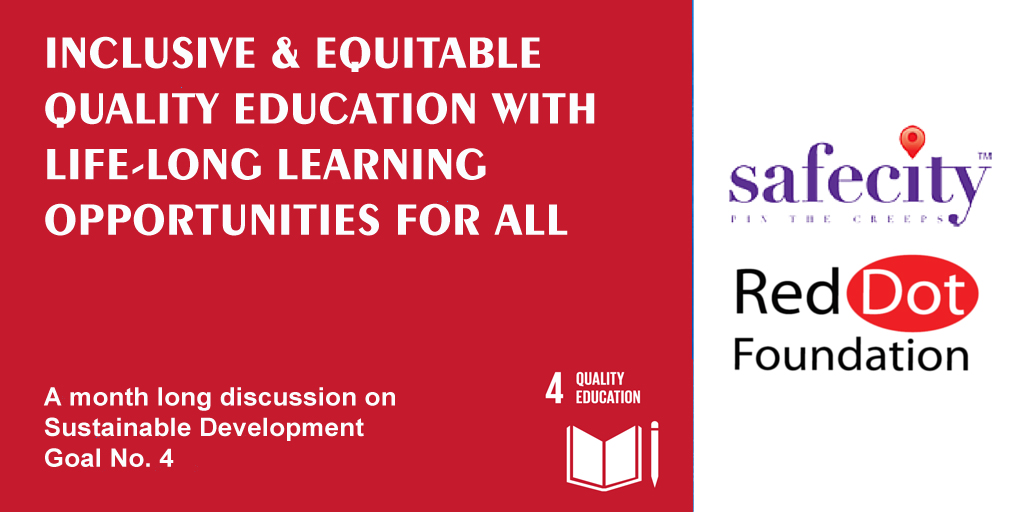
Avijit Mondal from Kolkata is pursuing his Master’s Degree in Mathematics. He is a bibliophile with a passion for food and is a movie buff. Safecity is his first venture into Blogging. One of his favourite quotes – “One could never count the moons that shimmer on her roof or the thousand splendid suns that hide behind her walls.”
SDG 4- Quality Education For All- An Overview
SDG 4 – Quality education for all is a key challenge for societal development in India. Many issues related to the position of women in Indian society can be traced back to education. Women education is a big opportunity for India to be developed socially and economically. Educated women are the weapons who yield a positive impact on the Indian society through their contribution to home and professional fields. They are the reason of improved economy in the country as well as society. An educated woman has the capability to handle her home and professional life and we must not forget the golden words spoken by the youngest Nobel laureate of our time “One child, one teacher, one book and one pen can change the world.”
Week 1 (3rd -9th July)
Naina Jha, @27nainajha, curated our Twitter handle for the first week of the month which shed light on the fact why women’s education is important and how it is hugely beneficial to overall social development.
Key points that were discussed
- The need for quality education for women.
- Educating women provides a passage way for a society where problems like marital rape and trafficking are diminished.
- The major obstacles in providing quality education to our girls and how to tackle them.
- Necessitating the mutual understanding between both the genders in advocating the need for quality education for women.
- Highlighting the various positive societal aspects that are harboured through educating women.
- Education is the fundamental weapon in empowering women
- Our education system needs a major overhaul and the requirement of making it more practical, realistic and gender neutral and moreover we have to make our schools safer for our girls.
- Sending girls to school should be mandatory and not a choice. The key to this being making the families more aware of the present situation which demands Education for women.
- Educating a woman has a much wider impact on our society. It paves the way towards a gender neutral society where women have their say in decision making.
Week 2 (10th – 16th July)
Azra Khan @azrakhan87, curated our Twitter handle in the second week. Using her expertise and focus on safety in public spaces, she discussed crimes against women and how we can curb it through educating them.
Key points discussed:
- The correlation between quality education and the crimes against women. It is not just mere education instead the quality of education that we should be our concern.
- Rather than making women literate we should focus on providing them with proper knowledge and education to help them better understand the crimes happening against them.
- The things that we are missing in our education system that leads to more crimes against women.
- The education curriculum must be more gender sensitive where the children should have a basic knowledge of sex education so that they are able to have a better understanding about sexual abuse.
- The role of educational institutions is critical. They must have a zero tolerance policy about crimes against women whilst making it essential that the wrongdoers are severely punished.
- Creating role models through teachers who walk their talk and are compassionate maybe the way forward.
Week 3 (17th – 24th July)
In our third week, Usri Roy @Usriroy brought a unique perspective to highlight the correlation of technology with education and how it affects violence against women.
The key takeaways were:
- The necessity to stop culturally engrained norms that accept violence against women as a normal ritual.
- Normal people should take action against any kind of crime that they suffer or witness and the change must take place from our very homes starting with the women we hire as house helps and women we deal with everyday.
- Inclusion of awareness of sexual harassment in the academic curriculum could be a big step forward in curbing this issue. Our own safecity workshops are a big success and may lead the way.
- The portrayal of violence on various entertainment and digital media might be desensitizing people making it seem like a stamp of approval on eve-teasing and several other offences.
- Women are often very wrongly depicted as sexual objects. Strong protocols and proper censorship are needed to address the current situation.
- Social media can be used an important educational tool to change the way people view violence against women.
- We must look for ways to incorporate the digitally excluded population in these social media campaigns which will create more awareness among the mass. Workshops, activities, street plays are definitely a way to involve more people.
Week 4 (25th- 31st July)
Anuja Sawant, @anujasaw, curated the last week of the month of July which conferred about the need and benefits of environmental friendly curriculum, especially for women.
The key points are:
- The key things that we should teach our children in schools that would make them care deeply and compassionately about the environment.
- Environmental education is indispensable to women empowerment. Women are often ignored when it comes to decision making and policy developments regarding important environmental issues. Women entrepreneurs are not given enough credits for the impressive environmental changes they bring about.
- We must realise that women are central to environmental movements. They are the major household managers and play a significant role in the quality and sustainability of life for present and future generations.
- Environmental education entitles females to get more involved in the decision-making process making environmental policies more gender sensitive and sustainable.
- There are several women-led organisations that support environmental education and training in our country. Stree Mukti Sanghatana’s Programme for Wastepickers – Parisar Vikas, Urban leaves India, Self-Employed Women’s Association (SEWA) for women in India are a few names who are doing incredible work in this field.


